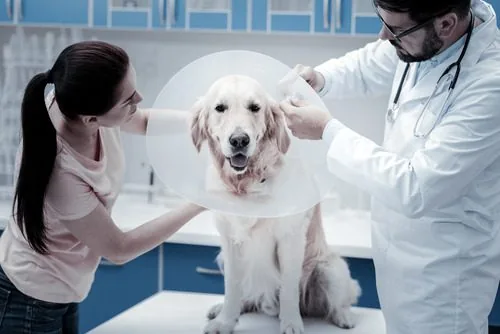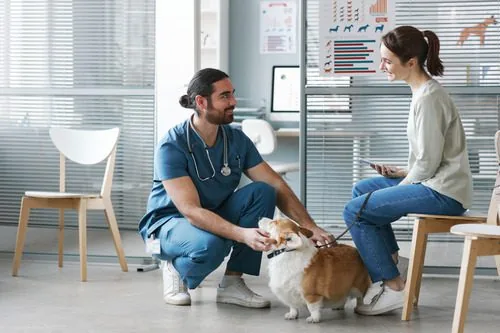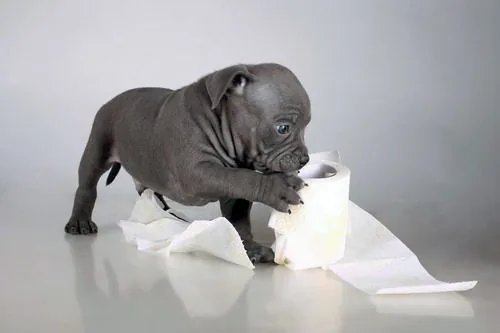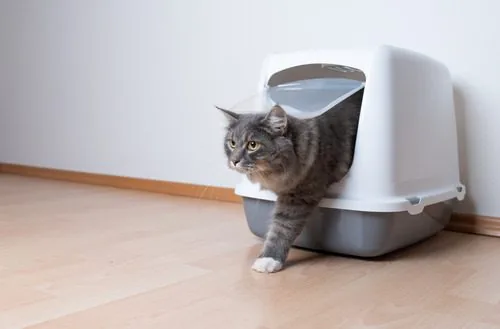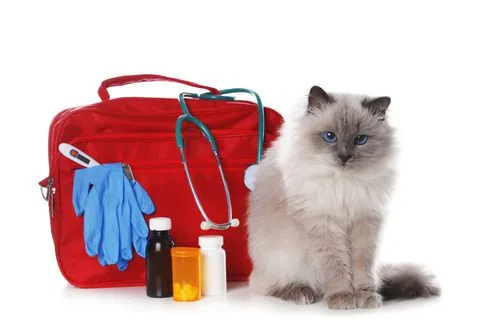Winter Haven Pet Owners: What Are the Signs of a Blocked Cat?
Have you ever heard of urinary obstructions or urinary blockages in cats? If you are a cat owner, this is a serious health problem that you should familiarize yourself with in order to keep your cat well.
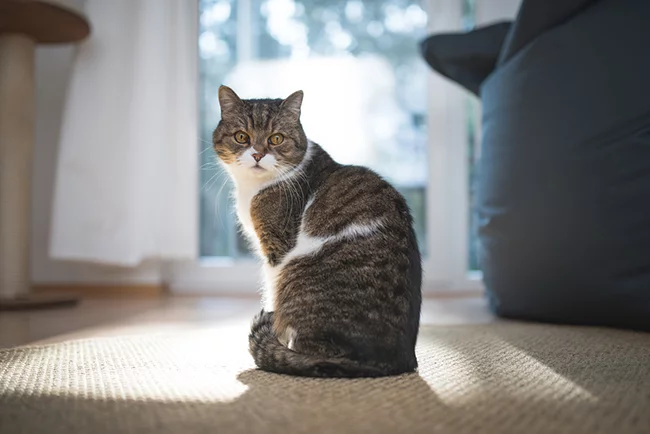
Urinary blockages can occur in both male and female cats, but they are more common in males. It is important to learn to recognize the signs and symptoms of this problem before it gets out of hand, since it can be potentially fatal in some instances. Read through the article below to find out more.
Straining and/or Frequent Urination
One of the earliest signs of urinary blockage in cats is straining to urinate. This occurs because cats are unable to urinate due to the blockage. They may sit in the litterbox for a long time trying to urinate, only for nothing or very little to actually come out.
You may notice your cat urinating frequently if he has this problem, too. This is because he can only get a little bit of urine out at a time, which leads him to go to the litterbox much more often than normal.
Crying While Urinating
If you notice your cat crying while sitting in the litterbox, check immediately after he is finished to see whether he was urinating or defecating. Crying while trying to poop is a sign of constipation, but crying while trying to urinate is a sure sign of urinary obstruction in cats.
Check to see if this occurs the next time your cat goes to the litterbox, and also look for other signs. Sometimes, cats may cry while urinating if they dislike the litter they are using, but other signs can help you determine if your pet is sick.
Blood in Urine
When you’re cleaning out your cat’s litterbox each day, take a look at the urine you are removing from the litter. If you notice any signs of blood in the urine, this is another good sign he is dealing with a urinary obstruction. Blood in the urine can also be a sign of other illness and problems, however, so keep this in mind as well.
If you see blood in your cat’s urine, you need to take him to the vet right away. This may be a sign of any number of severe problems.
Vomiting and Loss of Appetite
As the urinary obstruction progresses, your cat may be more likely to develop symptoms that are not directly related to urination. For example, he may lose his appetite because of the pain he is dealing with, and he may start vomiting often because of the infection building up within his body.
Cats who are vomiting a lot may become dehydrated quickly and may need IV fluids in order to get well again. Take your cat to the emergency vet if he is vomiting uncontrollably, regardless of any other symptoms. The emergency vet can also check for a urinary obstruction.
Hiding or Restlessness
When cats become sick or are in a lot of pain, they tend to hide. This is because they don’t feel safe due to their illness, and they want to feel protected while they try to recover. Cats may hide under beds or tables, in corners, or in closets, so check a variety of places for your cat.
If you see your cat hiding more often than is normal for his everyday behavior, this is a sign he is sick or hurting. And if you see it in conjunction with any of the other symptoms on this list, a urinary obstruction may be the culprit.
Urinating Outside the Litterbox
There are may reasons that your cat might urinate outside the litterbox. If you have just changed to a new litter or haven’t cleaned the box in too long, your cat may urinate nearby because he is unhappy with the conditions of his litterbox. If you’ve just brought home a new pet or have just moved, this could be a temporary behavioral problem.
However, if there is no behavioral reason behind it or your cat has other symptoms on this list, urinating outside the litterbox can mean he is dealing with a urinary obstruction.
Keep an Eye Out for the Signs of a Blocked Cat
Now that you know more about the signs and symptoms of urinary obstructions in cats, you can know what to be on the lookout for. This is a serious illness in cats that requires immediate veterinary attention and care, so be sure to go to the emergency vet or schedule an appointment with your regular vet right away if you suspect this problem.
Urinary obstructions can be treated and managed if they are caught soon enough. Work with your trusted vets at Veterinary Healthcare Associates in Winter Haven, FL to ensure your cat can recover from this problem and prevent it occurring again later on down the road, too.
Recent Posts
Laparoscopic Spay vs Traditional Spay: What’s Best for Your Dog?
Laparoscopic Spay vs Traditional Spay: What’s Best for Your Dog? When comparing a laparoscopic spay vs traditional…
Laparoscopic Spay: Everything You Need to Know
Laparoscopic Spay: Everything You Need to Know Laparoscopic spay, also called a “minimally invasive spay,” is an…
When is Dog Diarrhea an Emergency?
When is Dog Diarrhea an Emergency? Dog owners know all too well that occasional digestive upset isn’t…
Is Cat Constipation an Emergency?
Is Cat Constipation an Emergency? Cats are often private about their habits, especially when it comes to…
Feline Emergencies: Warning Signs Your Cat is Crying for Help
Feline Emergencies: Warning Signs Your Cat is Crying for Help Cats have a reputation for being independent,…
About Veterinary Healthcare Associates
Veterinary Healthcare Associates in Winter Haven, FL, was established over 30 years ago as Maxwell Animal Clinic by Dr. John Maxwell. Maxwell Animal Clinic was a one-doctor general practice offering preventive care, dentistry, and standard surgical services to the community. As the years passed, Maxwell Animal Clinic evolved into a thriving 10-doctor general, specialty referral, and emergency veterinary practice.

